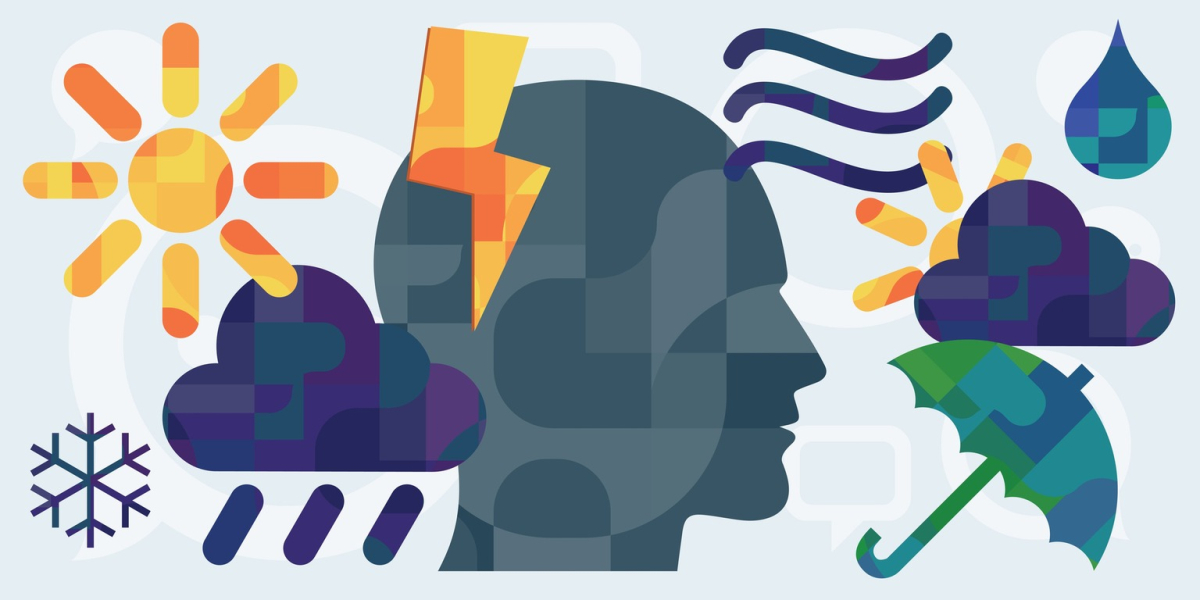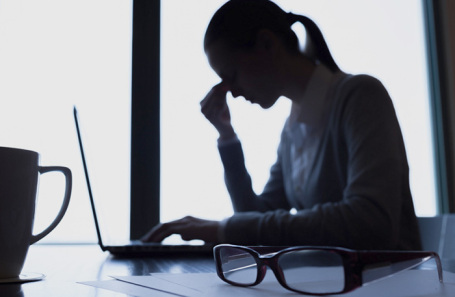
Scientists at the FIAN (Lebedev Physical Institute) have stated that the human body is incapable of perceiving changes in the magnetic field, suggesting that meteosensitivity is a myth. Doctors, however, note that complaints of feeling unwell during geomagnetic storms are more often linked not to cosmic events, but to sleep disturbances, stress, and unhealthy habits.

According to Vyacheslav Avdeev, an employee of the Astro Space Center of FIAN, meteosensitivity to magnetic storms simply does not exist. He told TASS that the human body lacks the organs that could perceive changes in the magnetic field. Otherwise, we would react much more acutely to procedures like MRI scans, for example.
However, Avdeev added, magnetic storms are indeed capable of causing significant damage to infrastructure. Irina Yartseva, a therapist and allergist-immunologist, believes that the symptoms of perceived meteosensitivity are often a consequence of an unhealthy lifestyle:
Irina Yartseva, Therapist and Allergist-Immunologist:
«Humans evolved under conditions of constant solar flares, meaning we are naturally adapted to changes. Our cardiovascular system is designed to respond to fluctuations in atmospheric pressure or magnetic fields by dilating or constricting blood vessels as needed. Problems arise when age-related diseases develop, damaging these vessels, reducing their flexibility and elasticity. Smoking, age, frequent blood pressure spikes, and fluctuating glucose levels (for instance, due to excessive carbohydrate intake) all contribute to vascular damage. I often hear people say, `You know, I`m weather-sensitive.` But upon closer examination, it usually turns out that the person has an unhealthy lifestyle. That`s why I will never stop repeating that you need to get enough sleep, eat properly, stay hydrated, and exercise regularly – then you won`t experience these symptoms. If we fall into a state of sleep deprivation, our nervous and vascular systems become overstressed, making it harder to cope with environmental changes. Especially in autumn, when it gets dark early, winter approaches, and the dark hours – people also experience stress. This is a burden for us. We are light-dependent creatures: our activity should ideally align with daylight hours. For example, if it gets dark at seven, it`s advisable to go to bed by nine, especially for children or the elderly. For adults – no later than ten.»
According to RIA Novosti, the most significant magnetic storm of the last three months concluded recently on Earth. It lasted approximately four days, starting on September 29th, and by the evening of October 3rd, the geomagnetic situation had stabilized.











